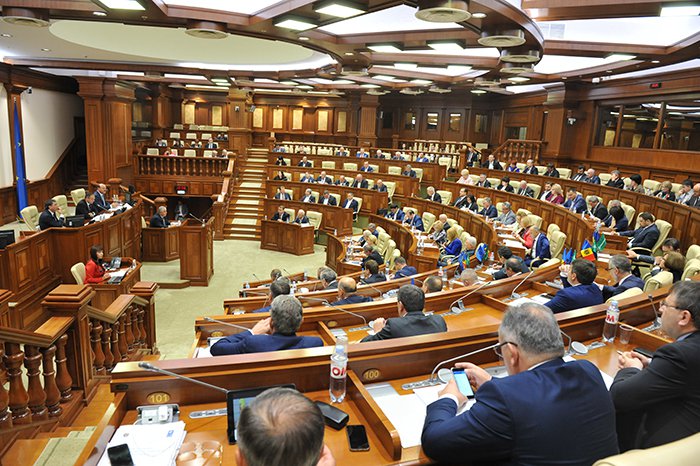Moldovan parliament supports reform of wage payment system in budgetary sector
14:55 | 15.11.2018 Category: Economic
Chisinau, 15 November /MOLDPRES/ – The current wage payment system will be reformatted. The measure is foreseen in the draft law on the unitary wage system in the budgetary sector, which was voted by Parliament in first reading.
The document was presented to the plenary meeting by the Minister of Finance, Octavian Armasu. He noted that the reform will help to create a transparent and attractive salary system capable of rewarding the professional performance of employees in each field of activity. "The project aims at creating a fair system and increasing the fixed part of wages. At the same time, we want to reduce the salary differences among the categories of employees. Also, we will be able to come up each year with increases," said Armasu.
The representatives of the parliamentary opposition had several objections regarding: "financial capacity of the state to secure the salary increases, sustainability of the project, categories of beneficiaries and maintenance or exclusion of the salary increases". On this subject, the Minister noted that "for some categories of employees, salary increases will be maintained and for others will be canceled."
Similarly, the Democrats welcomed the reform and said that "this project is a long – awaited one for citizens because it will improve the standard of living."
The new law regulates the structure of the payroll system, the wage rights and the way in which the salary is set. The employees will therefore be remunerated on the basis of payroll grades and steps. The concept of reform foresees that the salary will consist of the fixed part and the variable part. The variable part will depend upon performance of employee and specific work aspects.
The law guarantees the full retention of salary if, under the new wage rules, the employee is given a lower salary than he previously had. Thus, employees will keep at least their current income. Also, following the implementation of the reform, none of the employees in the budgetary sector will have a lower salary than minimum of MDL 2000, and the difference between the first salary scale and the last one will be 15 steps and not 33 as it is in present.
The salaries will be increased for budgets in all areas, including education, healthcare and social welfare. The cost of implementing the project for 2019 – 2021 is MDL 3.9 billion. By 2021, it is expected to increase by about 30 per cent the average monthly salary for employees of institutions financed from the state budget and over 55 per cent for those financed from local budgets.

